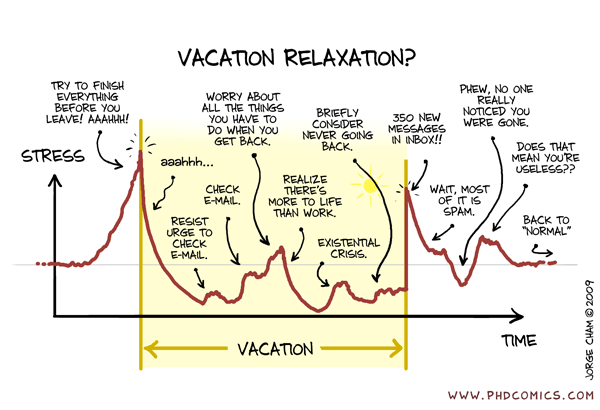Time Magazine has an interesting article on the decline of Wikipedia. It puts the blame where it belongs – squarely on the editors
Wikipedia’s natural resource is an emotion. “There’s the rush of joy that you get the first time you make an edit to Wikipedia…
Over time, though, a class system emerged; now revisions made by infrequent contributors are much likelier to be undone by élite Wikipedians. Chi also notes the rise of wiki-lawyering: for your edits to stick, you’ve got to learn to cite the complex laws of Wikipedia in arguments with other editors. Together, these changes have created a community not very hospitable to newcomers.
This means that a topic expert with deep knowledge in the subject will lose to any expert at Wikipedia. This is not the most advantageous way to get information to the public.


